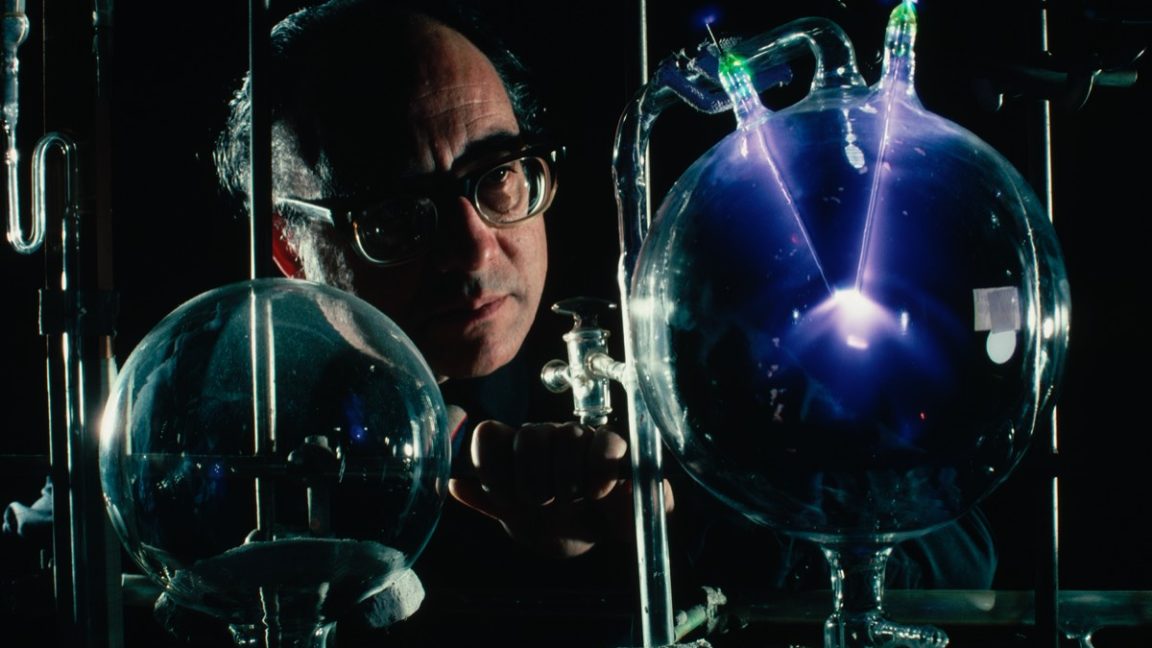Barbarian
We can't read modern ideas back into Scripture whether it's people who see the "Big Bang" in "Let there be light" or abiogenesis in Genesis 1. That is the fallacy of anachronism, and violates basic Hermeneutics 101 principles of biblical interpretation, which is to interpret in the context of the time and understand the passage the way the author meant it and original audience would have understood it, and there is no way they would have thought that Genesis 1 was talking about abiogenesis. They didn't even know about cells or microbes, nor is there any mention of them in Genesis 1. God creates plants, vegetation; birds; sea creatures; and land creatures; and humans. There is no mention about the origin of cells, nor does Genesis 1 show any awareness that such a thing exists. Nor is there mention of any natural process (nor was was there such a thing as "naturalism" in biblical times; our "naturalism" vs "supernaturalism" dichotomy would be completely foreign to them; everything had a supernatural element to it). God creates by His word. What does Genesis 1 say about modern science? Nothing at all. It doesn't speak to those kind of questions.
Genesis 1 must be interpreted in the proper Ancient Near East context of the time, and when we do this we see that Genesis 1 is a theological polemic against Egyptian pagan creation myths.
See, for example, Johnston, Gordon H. "Genesis 1 and Ancient Egyptian creation myths."
BIBLIOTHECA SACRA-DALLAS- 165.658 (2008): 178.
Regarding, the science research you cited, it does not confirm abiogenesis like you seem to think. But I don't have time at the moment to explain in detail, so I'll have to revisit this at a later time. In short, and in answer to the question raised by Monod's famous essay: "Chance or Necessity?" It would seem to be neither. Chance 'luck' is an appeal to miracles and rightly rejected by scientists, but scientists are still unable to avoid it. But the case is even worse for "Necessity." We have no evidence of any natural process that leads inevitably to the origin of life (like we do for elements with stellar nucleosynthesis, which we observe occurring throughout the known universe). But again, I'll have to come back to this at a later time, when I have more time to discuss.
I see you have science degrees that include biology. Me too. Biology & Paleontology (with an emphasis in evolutionary biology). I think we will have a lot of fun talking. Until next time then, God bless (and same to everyone else on the forum) ?








